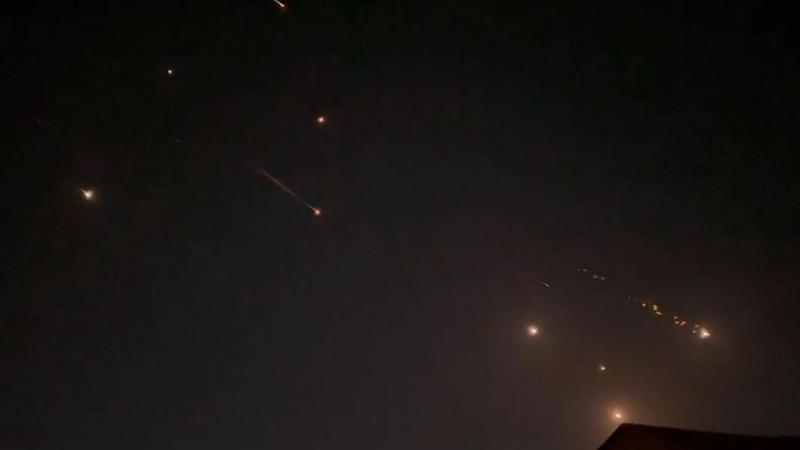The American magazine "Foreign Policy" outlined three options for Israel to respond to the recent Iranian attack involving hundreds of drones and guided missiles, especially after the Israeli war government declared that it had no choice but to respond to these attacks. Jack Detsch, the Pentagon correspondent for national security at Foreign Policy, noted that Israeli Defense Minister Yoav Gallant confirmed to U.S. Defense Secretary Lloyd Austin that Israel would respond to the attack, despite U.S. President Joe Biden and senior officials urging Prime Minister Netanyahu to exercise caution in the response, stating that Washington would not participate in or support any direct Israeli strike on Iran.
Detsch emphasized that Israel must choose between launching a high-risk strike on Iranian territory, potentially targeting its nuclear program, or identifying another more significant target. Alternatively, Israel may work to minimize the risks of regional war by adopting a more suitable approach, such as cyberattacks against Tehran, targeted strikes against Iranian leaders outside Iran, or attacks on Iran-backed groups in the region.
The American writer detailed three potential Israeli response options as follows:
**Option One: Attack Iran's Nuclear Program**
If Iran decides to build a nuclear weapon, it could potentially produce one within a few months, according to senior U.S. officials last year. This makes Iranian nuclear facilities an attractive target for the Israelis, but the escalation would be significant. Experts have warned that this could also lead to "Iran's proxies," such as Hezbollah in Lebanon, engaging in a more intense direct confrontation with Israel.
**Option Two: Target Iranian Leaders or Military Assets Inside or Outside Iran**
The American writer explained that Israel could strike targets within Iranian territory that are not directly related to the nuclear program. For instance, it could target a key military leader like Brigadier General Amir Ali Hajizadeh, the commander of the Iranian Revolutionary Guard Corps Air Force, who masterminded the missile and drone attack. Israel could also pursue military sites or weapons depots within the country or even headquarters of the Iranian Revolutionary Guard, and might escalate its assassination campaigns against Revolutionary Guard leaders outside Iran, in countries like Iraq and Syria.
**Option Three: Strike Iran's Proxies or Conduct a Cyber Attack on Tehran**
The American analyst suggested that Israeli leaders might be concerned about escalating tensions with Iran; thus, they could choose a lower-risk response, such as targeting Iran's proxies in the Middle East or engaging in cyberattacks against them. He noted that another strike against Iran could impact its credibility and standing in the region, especially after it "failed" to inflict any losses in its attack on Israel, as the Iranian drones and missiles "barely made it" to Israeli territory.




